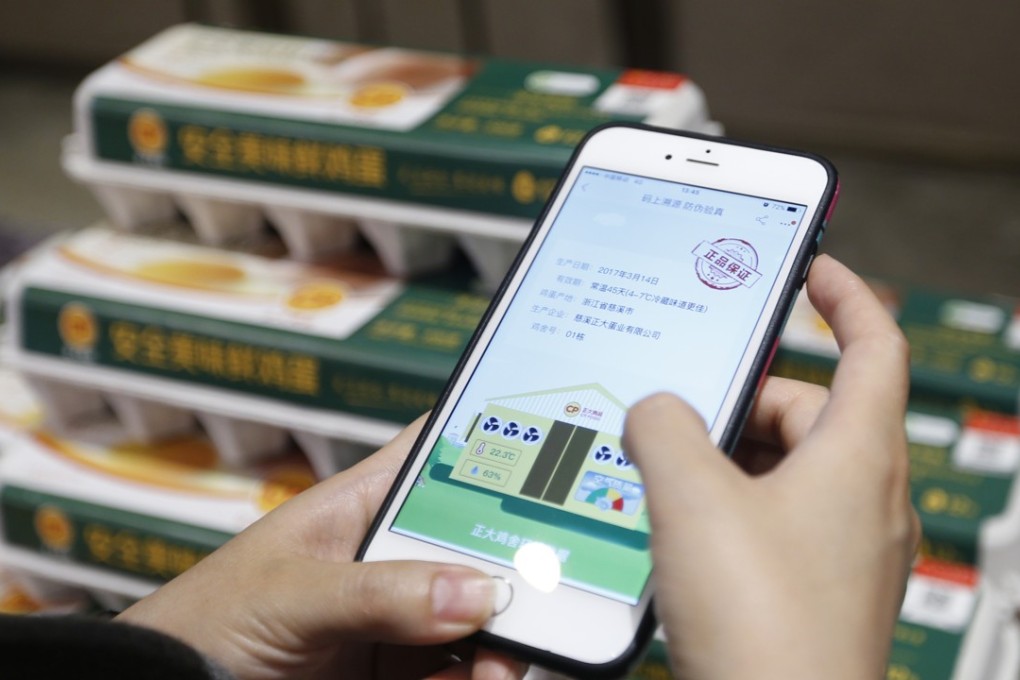Alibaba Health to expand AI investments on improved sales, e-commerce services growth

Alibaba Health Information Technology plans to expand its investments in artificial intelligence and launch a range of new services, as growth in sales and e-commerce services lifted its revenue in the 12 months ended March 31.
The Hong Kong-listed health care flagship of Alibaba Group Holding reported late on Wednesday a 414.2 per cent increase in revenue to 2.4 billion yuan (US$376.5 million), up from 475.1 million yuan a year earlier. Its losses narrowed to 109 million yuan from 208.6 million yuan the previous year.
The company’s shares jumped 26.13 per cent to close at HK$5.60 on Thursday.
Shen Difan, the chief executive at Alibaba Health, attributed the improved financial results to a significant rise in health care product sales and the firm’s e-commerce business, which includes the provision of outsourced and value-added services for the pharmaceutical categories on parent Alibaba’s Tmall retail platform, according to the company’s regulatory filing late on Wednesday.
It estimated an adjusted net profit of 8 million yuan after excluding share-based compensation expenses from its loss for the year to March.